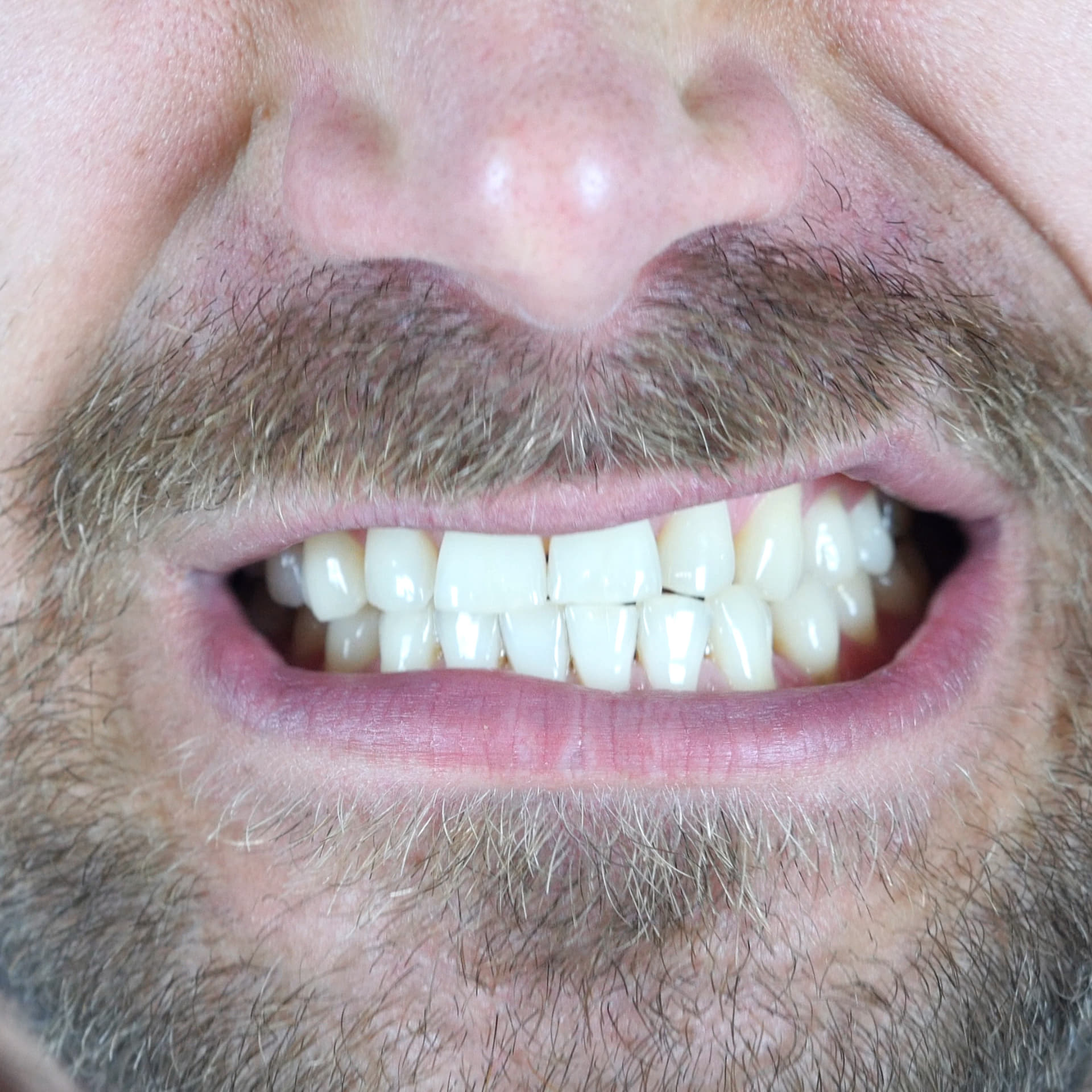Project Description
Grinding Your Teeth and Clenching Your Jaw: The Link between Health and Psychology
Exercise, Teeth Grinding, and Mental Health:
The stress of modern life can trigger unconscious habits like teeth grinding and jaw clenching in many individuals. Exercise can assist in reducing these habits. By relaxing jaw muscles that tense up under stress and positively affecting the nervous system, exercise can alleviate these issues.
Exercise not only strengthens muscles but also targets mental relaxation. This can help reduce the tendency to grind teeth by loosening jaw muscles. Additionally, regular exercise contributes to the healthy functioning of muscles and the nervous system, supporting overall body balance.
Regular exercise can also provide better sleep, reducing problems that manifest these habits during sleep. However, alongside exercise, seeking professional help is crucial to control teeth grinding and jaw clenching. Guidance from a dentist or sleep specialist, combined with the positive effects of exercise, can offer a more effective solution. Exercise can be a strong support in maintaining balance between muscles and the nervous system.
Psychological Causes and Factors:
- Stress and Anxiety: Teeth grinding is often associated with emotional disorders like stress and anxiety. Mental tension can lead to various reactions in the body, one of which is teeth grinding.
- Anger and Frustration: Intense anger or disappointment can also cause teeth grinding. This may manifest as an unconscious reaction in the individual’s subconscious.
- Insomnia: Inadequate or poor-quality sleep can increase stress levels in the body, leading to teeth grinding.
- Conflicts and Tense Relationships: Troubled relationships or social conflicts can be triggers for teeth grinding.
- Unconscious Habits: These actions typically occur subconsciously, and individuals may not be aware of these habits.
Consequences:
- Oral and Dental Health Issues: Teeth grinding can impact oral and dental health by causing tooth wear and jaw problems.
- Physical Discomforts: Physical discomforts like jaw pain, headaches, and earaches can be associated with this habit.
- Decreased Sleep Quality: Since teeth grinding occurs during sleep, it can reduce the quality of a person’s sleep.
- Psychological Effects: This habit can affect overall mental health and increase stress levels.
- Social Impacts: Teeth grinding can negatively affect social relationships, especially due to jaw pain or other discomforts.


